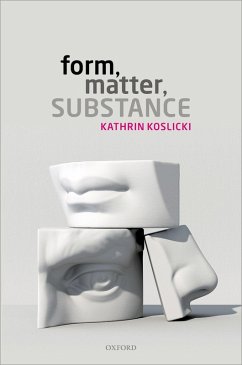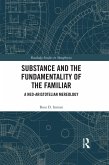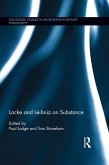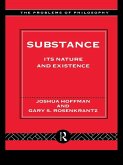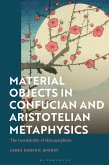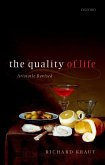In Form, Matter, Substance, Kathrin Koslicki develops a contemporary defense of the Aristotelian doctrine of hylomorphism. According to this approach, objects are compounds of matter (hule) and form (morphe or eidos) and a living organism is not exhausted by the body, cells, organs, tissue and the like that compose it. Koslicki argues that a hylomorphic analysis of concrete particular objects is well equipped to compete with alternative approaches when measured against a wide range of criteria of success. However, a plausible application of the doctrine of hylomorphism to the special case of concrete particular objects hinges on how hylomorphists conceive of the matter composing a concrete particular object, its form, and the hylomorphic relations which hold between a matter-form compound, its matter and its form. Koslicki offers detailed answers these questions surrounding a hylomorphic approach to the metaphysics of concrete particular objects. As a result, matter-form compounds emerge as occupying the privileged ontological status traditionally associated with substances due to their high degree of unity.
Dieser Download kann aus rechtlichen Gründen nur mit Rechnungsadresse in A, B, BG, CY, CZ, D, DK, EW, E, FIN, F, GR, HR, H, IRL, I, LT, L, LR, M, NL, PL, P, R, S, SLO, SK ausgeliefert werden.

